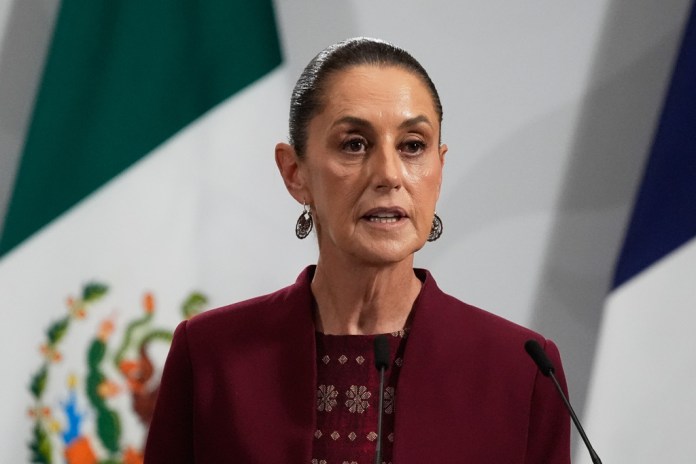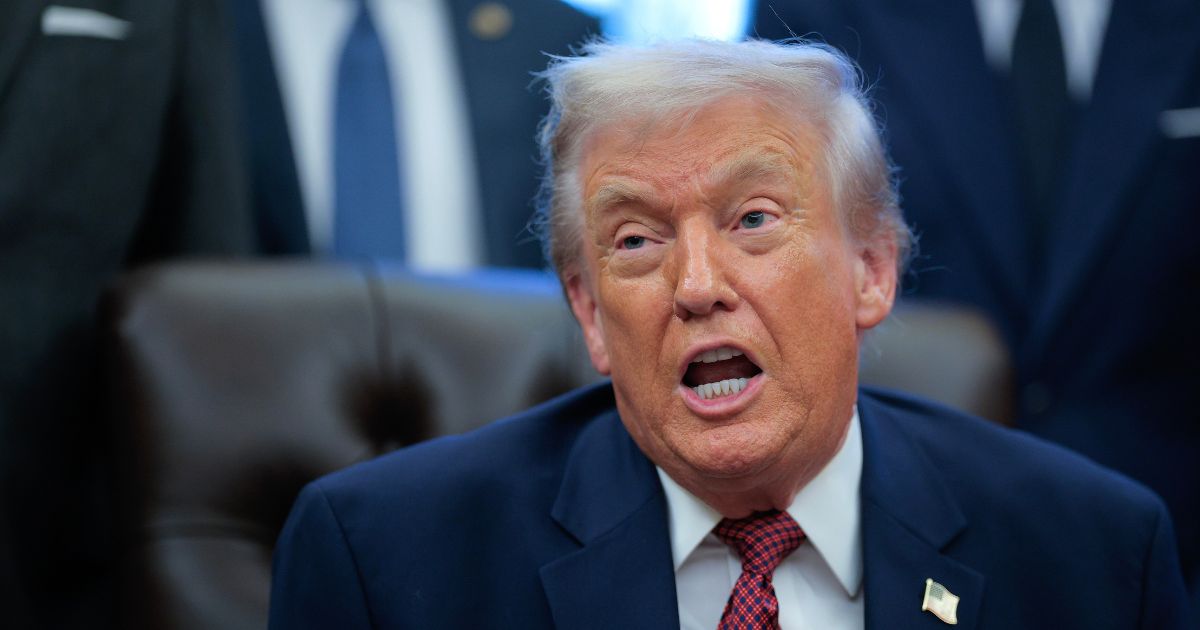Mexico’s Traditional and Indigenous Community Police Come Under Fire from Drug Cartels
Mexico’s traditional and Indigenous community police forces are facing increasing violence from drug cartels, according to authorities. Recently, seven members of a community police force were killed in Coahuayana, Michoacán, shortly after seven others were kidnapped by suspected cartel members. These community guards, often local residents with minimal training, have been established as a response to cartel violence, especially in Indigenous communities that have long histories of self-organization and defense. However, they struggle to compete with the firepower of well-armed cartels now fighting for control of lucrative drug trafficking routes along the Pacific coast. The Jalisco New Generation cartel is suspected of orchestrating both the killings and the kidnapping, further highlighting the deadly environment faced by community protectors in their efforts to secure their towns against cartel influence.
Mexico’s traditional and Indigenous community police forces are coming under increasingly deadly fire from drug cartels, authorities said Monday.
Adrián López, the chief prosecutor in the western state of Michoacan, confirmed that gunmen linked to drug cartels shot to death seven members of the community police force in the town of Coahuayana over the weekend.
The community guards were killed just days after seven members of an Indigenous community police force were kidnapped, allegedly by cartel gunmen, and put through “hell” in another Michoacan town before they were freed Friday.
In the face of cartel turf wars that have emptied towns in the Mexican countryside, many places have turned to “community police,” who are relatively untrained members of the town who volunteer or are paid a small stipend to protect residents.
More common in Indigenous towns — which have centuries of experience in organizing and defending themselves — the community police are a more established and trusted force than the ephemeral “self defense” squads that flourished in Michoacan between 2013 and 2014 to fight the cartels, but were quickly corrupted.
But while they enjoy the trust of their fellow townspeople, the community guards cannot match the firepower of the cartels that want their land.
López, the state prosecutor, said the attack in Coahuayana Saturday was related to battles by drug cartels to control the coastal area, a main route for landing seaborne shipments of cocaine.
“This all involves the decision of the members of criminal groups to gain territory and carry out illegal activities, mainly drug smuggling,” he said.
Coahuayana (koh-why-YAH-nah), which sits on the Pacific coast near the neighboring state of Colima, is particularly attractive for the cartels; go-fast boats transporting cocaine from South America have a straight route here, but often dump floating bales of cocaine at sea with location devices, to be picked up and taken ashore.
“The area on the coast of Michoacan and Colima has been ideal for picking up packages of cocaine from South America,” López said. “There have been innumerable seizures of packages of cocaine by the Navy.”
While nobody in Coahuayana would say which gang carried out the killings, suspicion immediately turned to the Jalisco New Generation cartel, which has long been active in the region.
The cartel is also suspected of being responsible for the kidnapping of seven community guards — six men and one woman — who were abducted last Tuesday and released Friday in the Purepecha Indigenous township of Tangamandapio (tahn-gah-man-dah-Pee-oh) Michoacan.
Those traditional officers are known as “Kuárichas,” (KWAH-rich-ahs) in Purepecha. In Indigenous towns, such forces have legal status to handle minor offenses.
The seven were abducted Tuesday, and a massive search operation was launched involving helicopters, the military and state police. None would say who kidnapped them or what was done to them, but suspicion once again fell on the Jalisco cartel, based in the neighboring state of that name.
One of the officers, Brayan Javier, said after his release, “the truth is, it was hell there, because of a lot of things that happened.”
The Western Journal has reviewed this Associated Press story and may have altered it prior to publication to ensure that it meets our editorial standards.
" Conservative News Daily does not always share or support the views and opinions expressed here; they are just those of the writer."




